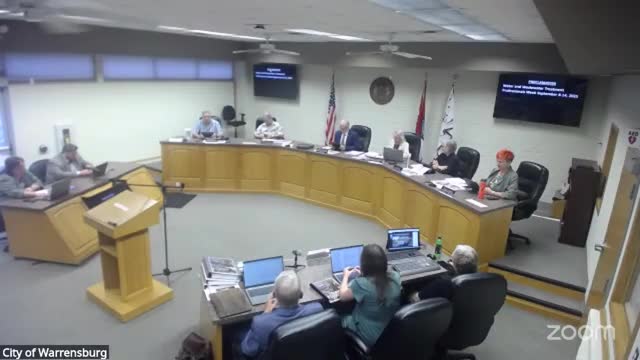Article not found
This article is no longer available. But don't worry—we've gathered other articles that discuss the same topic.
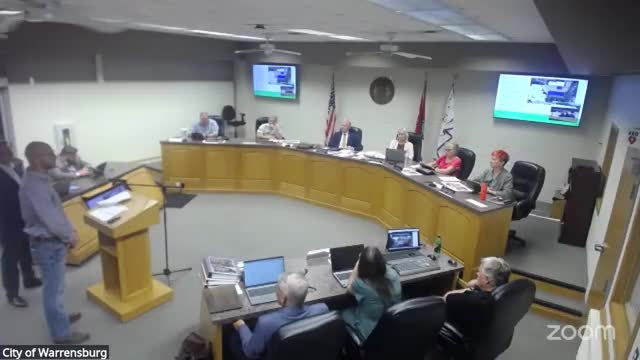
Police brief council on license-plate-reader (LPR) use; staff to return with policy details
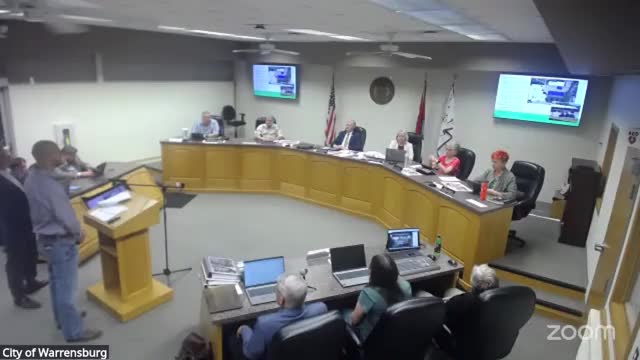
Warrensburg to hold solid waste rates steady for FY2026; contract allows annual vendor adjustments
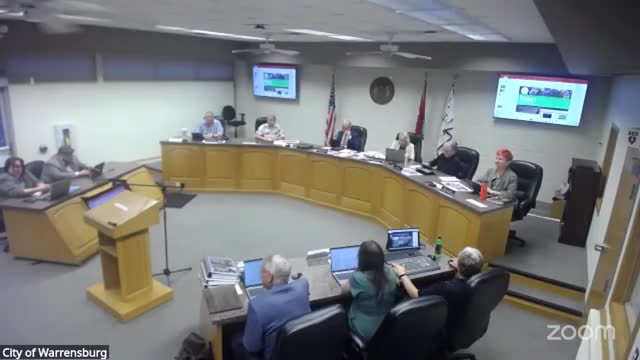
Council directs staff to pursue investment-grade audit; solar installation decision left for follow-up
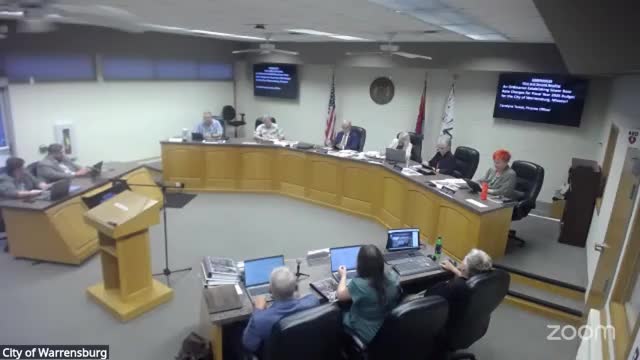
Council approves expanded mill-and-overlay work; staff warn of sidewalk and utility coordination issues
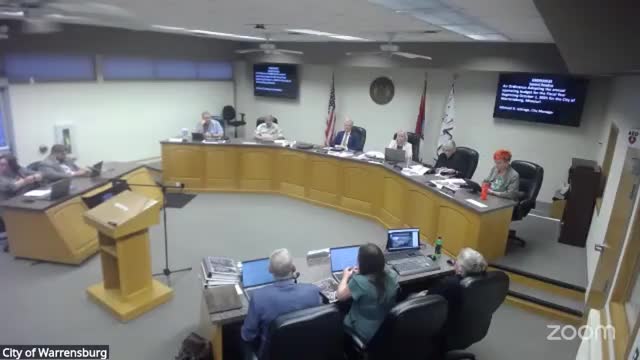
Warrensburg council adopts FY2026 budget; Hawthorne Park fence design scheduled for completion
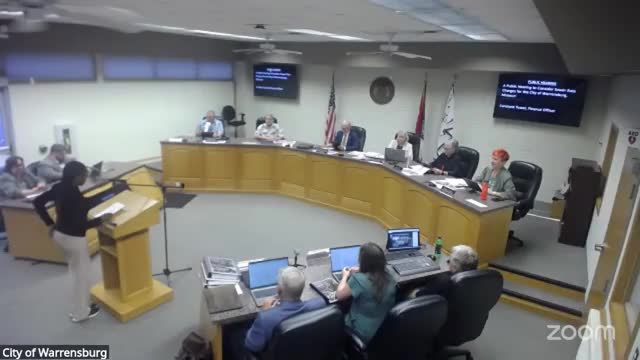
Warrensburg council holds hearing, adopts 3% sewer rate increase effective Oct. 1
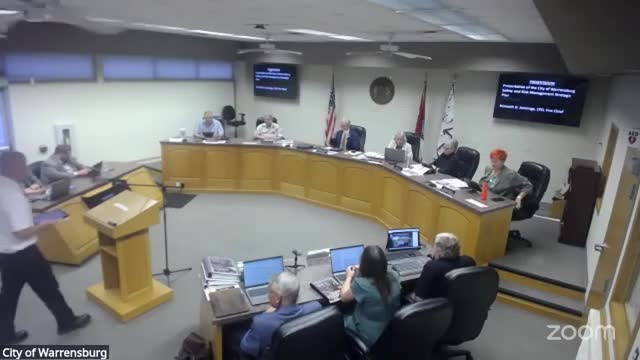
Warrensburg unveils three-year safety and risk management strategic plan
